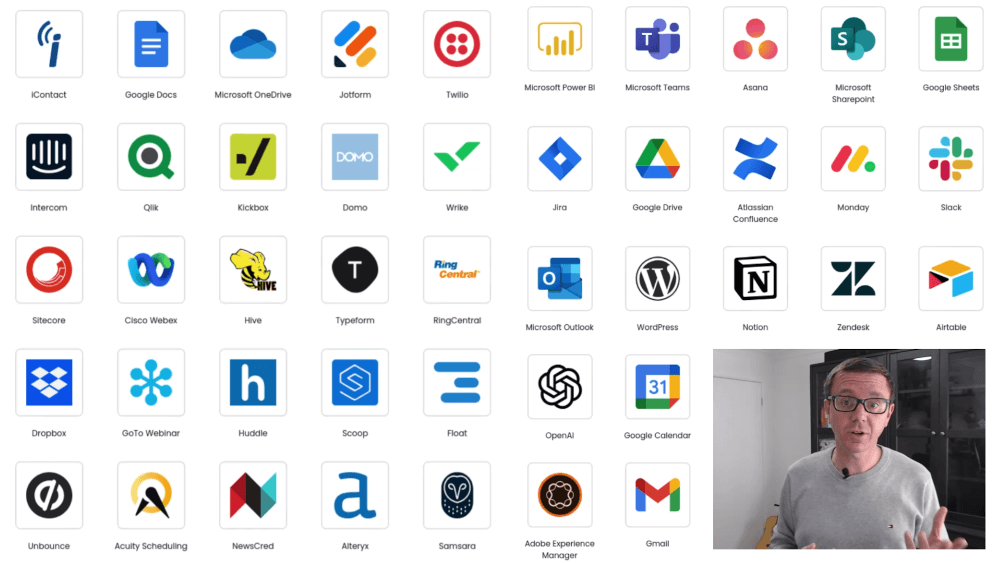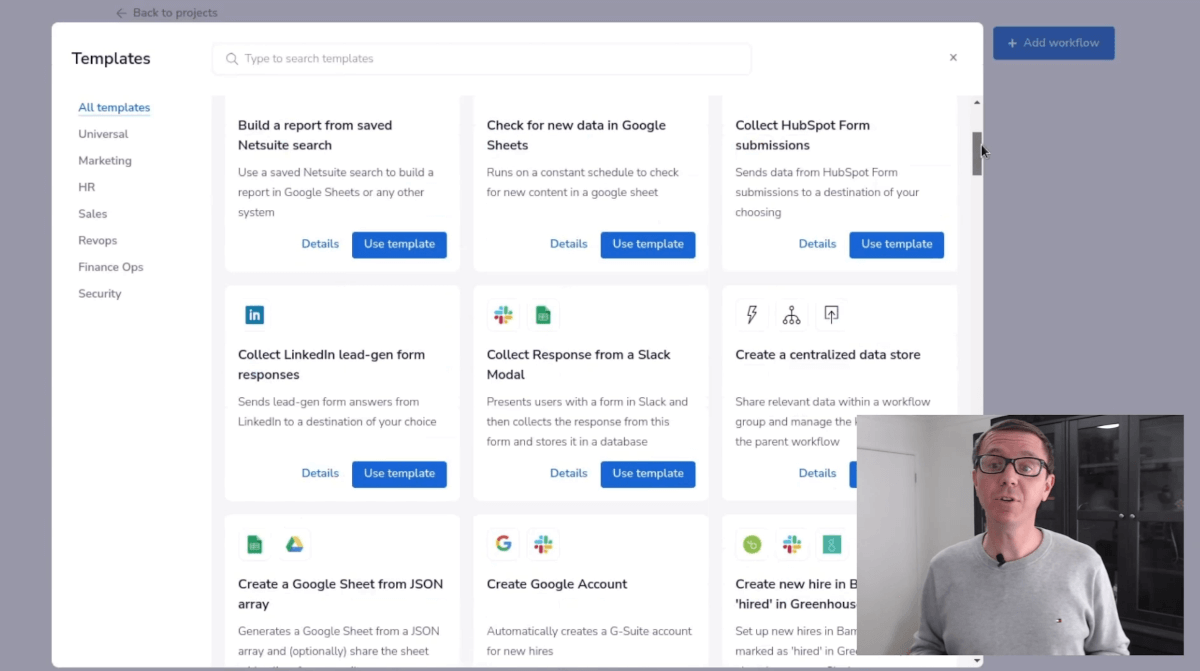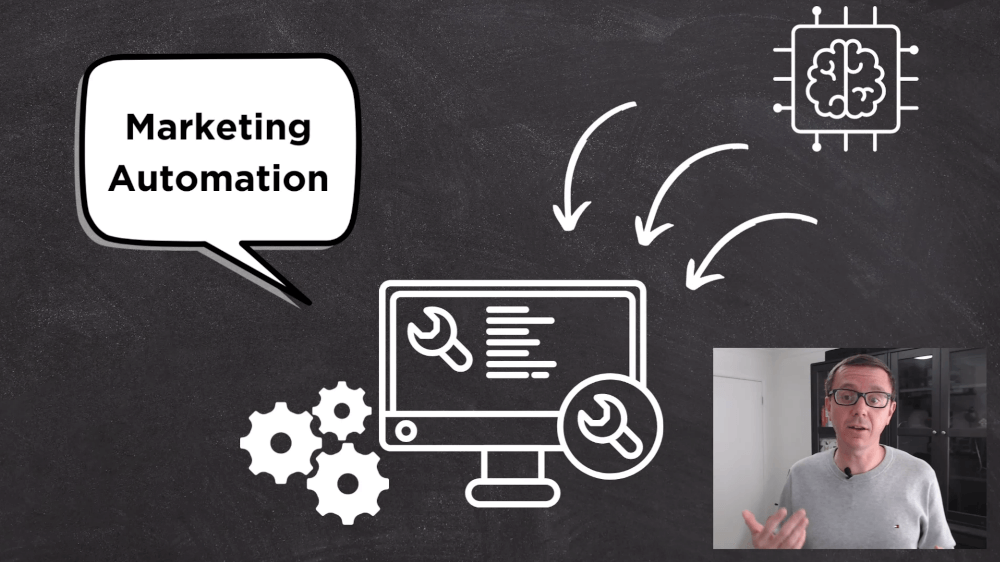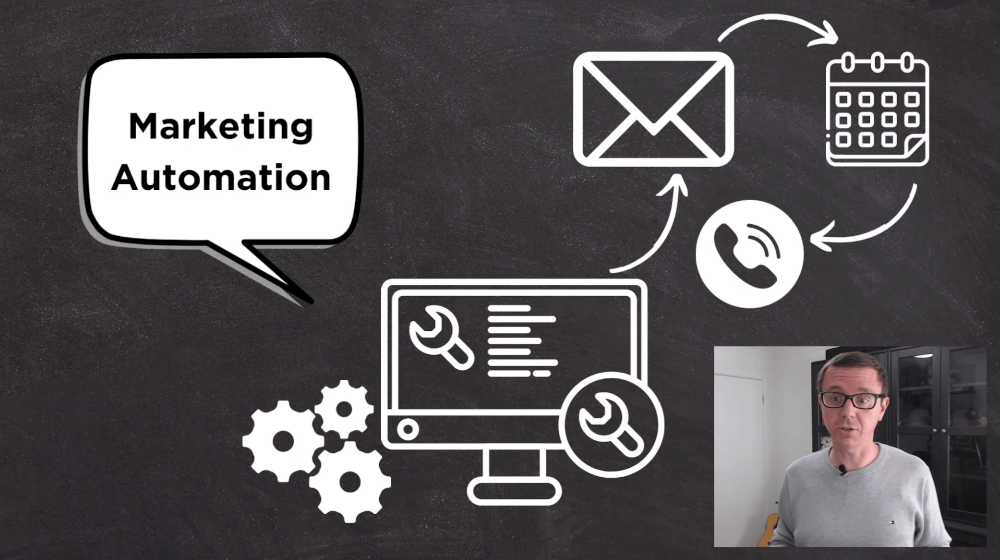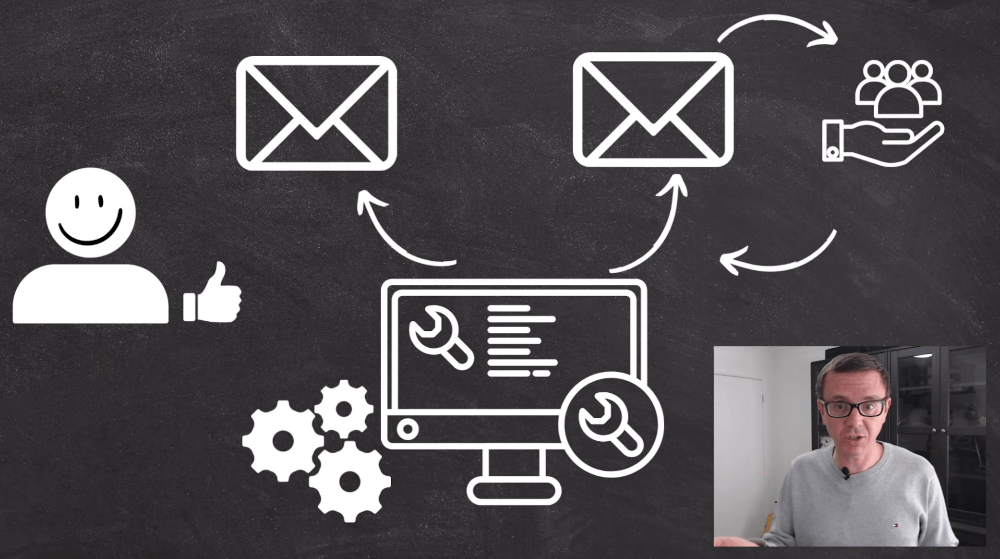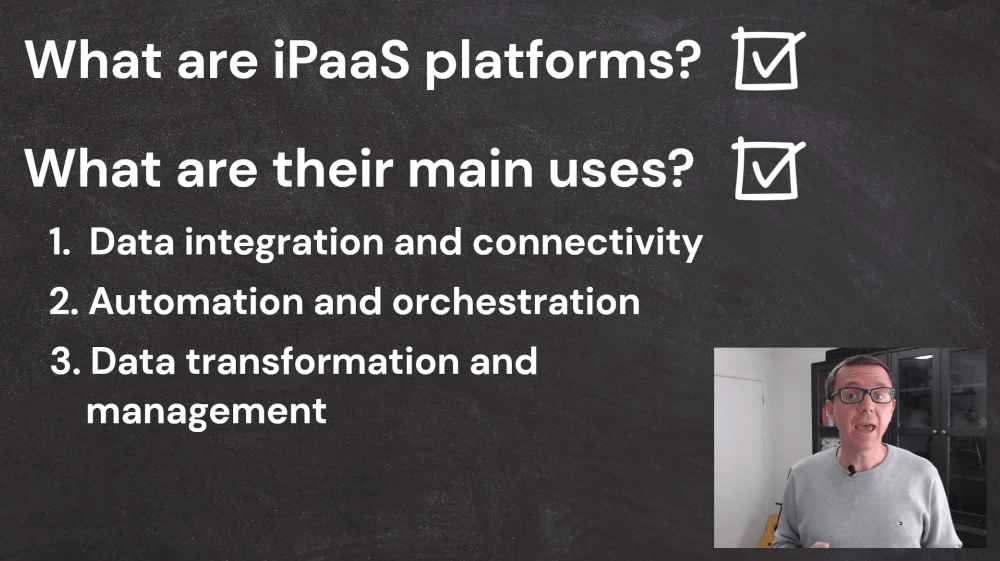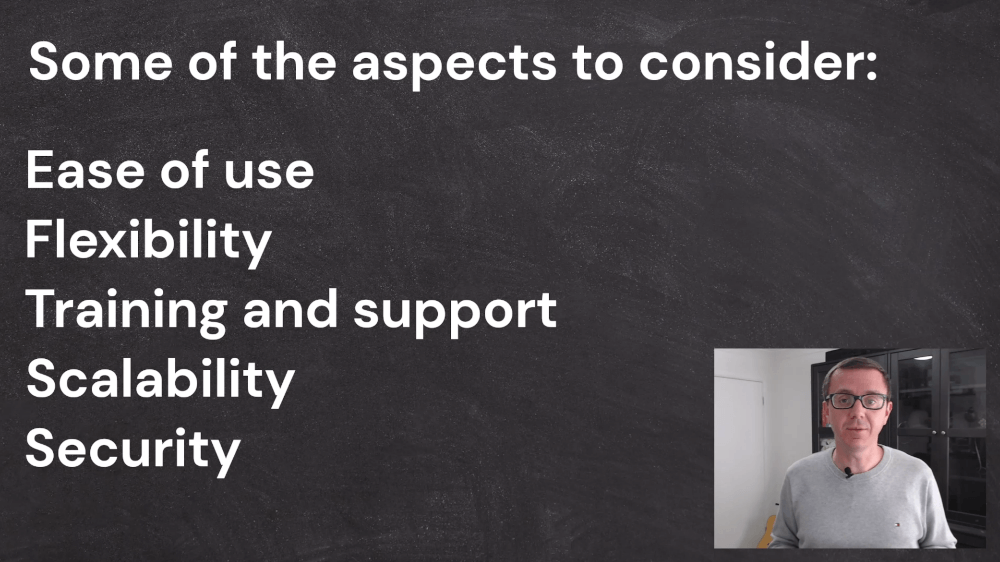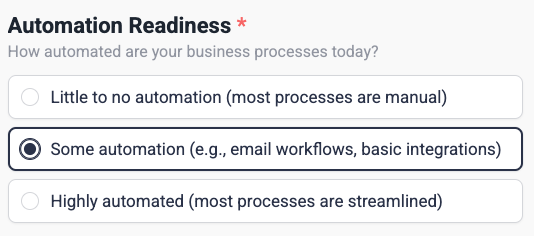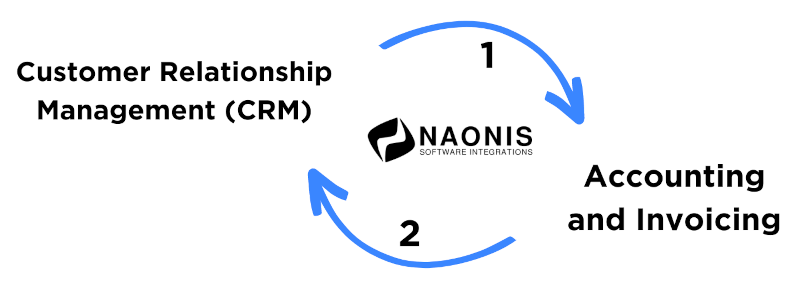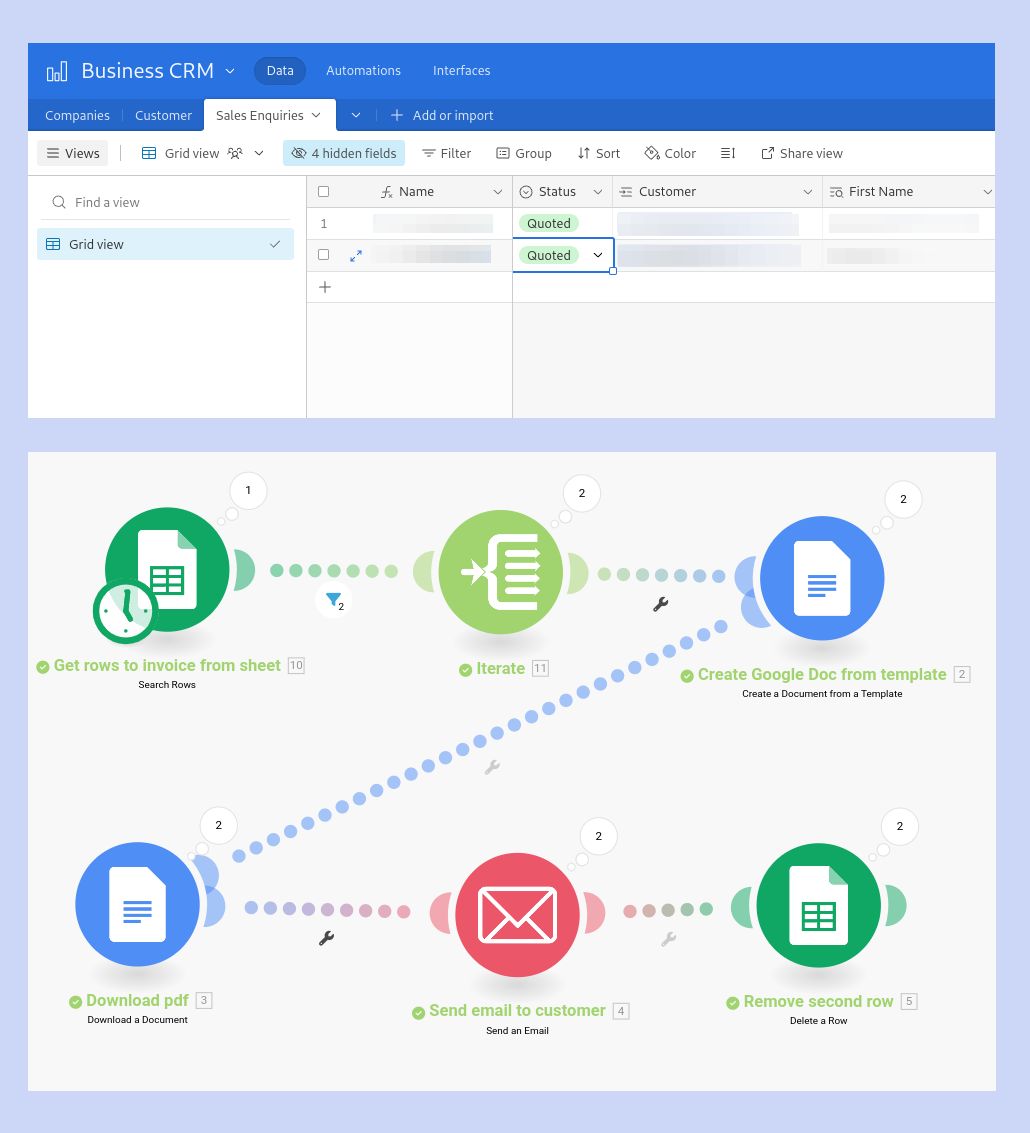iPaaS: What is an Integration Platform as a Service, and what you can use it for
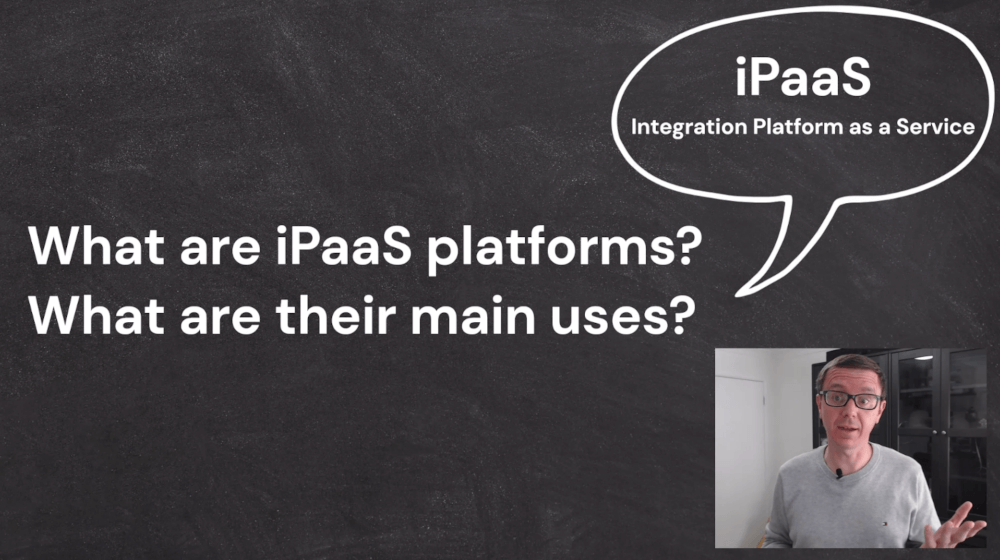
Are you looking for a way to connect your applications and data seamlessly, automate your business workflows, and transform your business? An iPaaS platform might be the answer you are looking for!
What are iPaaS
iPaaS stands for Integration Platform as a Service, and it’s a family of platforms, of tools, that enable your business to create and manage workflows that connect your applications and data seamlessly. Normally with minimal coding and a drag and drop interface.
Full iPaaS video
Why iPaaS
If you’re like most businesses today, you use a variety of specialized software as a service applications and data sources to run your business effectively. However, most applications often don’t work together smoothly, leading to manual data transfers, repetitive tasks, and potential errors, data duplication and inconsistencies.
This not only is an inefficient use of employee’s time but also hinders your business performance and your customer experience.
That’s where iPaaS platforms come in, offering a solution to simplify and speed up the process of system integration and amplifying your business process automation potential.
Tray.ai, our iPaaS of choice
Which iPaaS platform is our platform of choice?
Our partner Tray.ai. Tray.ai is robust, flexible, scalable, easy to learn, use and understand.
Tray can help mid-size to large-size businesses, automate and integrate all internal business processes. The Tray.ai solution can also help software businesses create productised and self-service integrations between their own software products and complementary SaaS solutions!
Feel free to read more about Tray.ai on our website or watch our Youtube videos!
iPaaS primary uses
What are the primary uses for iPaaS platforms? We summarized that into 3 categories:
- Data integration and connectivity
- Automation and orchestration
- Data transformation and management
Do you need more iPaaS ideas and inspiration?
Are you looking for a way to connect your existing SaaS applications, automating processes across departments and across specialized software, move data seamlessly, and transform your business? iPaaS (Integration Platform as a Service) can help your business become more efficient, and in turn it helps you provide a better service to your customers, increasing your bottom line by improving retention and customer lifetime value.
In the video above, Enrico Simonetti from Naonis explains what are iPaaS, their main uses, and some real-life examples including the use of AI and OpenAI GPT-4 to help you summarize and aggregate multiple data sources.
Do you need help or have a question?
If you are looking for professional, expert, trustworthy, reliable and affordable trusted advisors that can help you with systems integrations and business process automation, reach out!
Feel free to connect with us if you want to talk about iPaaS, Tray.ai, integrations, automations or surrounding solutions that we could help you with!
iPaaS Platforms FAQ
What is iPaaS?
iPaaS stands for Integration Platform as a Service. It is a family of platforms and tools that enable businesses to create and manage workflows that connect applications and data seamlessly, often with minimal coding and a drag-and-drop interface.
Why are iPaaS platforms important for businesses?
iPaaS platforms are crucial for businesses as they streamline the process of system integration, automate workflows, and amplify business process automation potential. They help businesses connect various applications and data sources, reducing manual tasks, errors, and improving overall efficiency.
What are the primary uses of iPaaS platforms?
The primary uses of iPaaS platforms can be summarized into three categories:
- data integration and connectivity
- automation and orchestration
- data transformation and management
These platforms enable businesses to integrate, automate, and manage their digital ecosystem seamlessly.
How can iPaaS platforms benefit businesses?
iPaaS platforms benefit businesses by simplifying the process of connecting systems together, automating repetitive tasks, improving efficiency, reducing errors, and enhancing overall business performance.
They enable businesses to create seamless workflows, share data and functionality across applications, and improve customer experience.
What are some examples of iPaaS use cases?
Some examples of iPaaS use cases include integrating data from marketing automation tools to customer relationship management (CRM) systems, automating lead handover processes within CRM systems, orchestrating post-sales processes such as invoice creation and payment processing, transforming and aggregating data from multiple sources into a data warehouse, and even migrating data between cloud vendors.
How do I choose the right iPaaS platform for my business?
When selecting an iPaaS platform, consider factors such as ease of use, flexibility, scalability, training and support, and data security.
Assess your business requirements and evaluate different platforms to find the one that best suits your needs.
Might also be interesting
How can we help you simplify and automate your business?
Are you tired of wasting time and resources on manual, repetitive tasks in your business? Do you struggle to integrate and streamline your various software systems?
An introduction to Tray.io
Have you heard about Tray.io? Curious to learn more? We have just the content for you!
Automate sensitive data removal in AI & CRM systems securely
Automate Personal Identifiable Information (PII) Removal!
A step forward to securing Your sensitive business data.
My top 6 reasons why CRM projects still fail!
My top 6 reasons why CRM projects still fail!
40 years after CRM was invented…
and the majority of implementations fail!
All trademarks mentioned on this page are the property of their respective owners. The mention of any company, product or service does not imply their endorsement.

